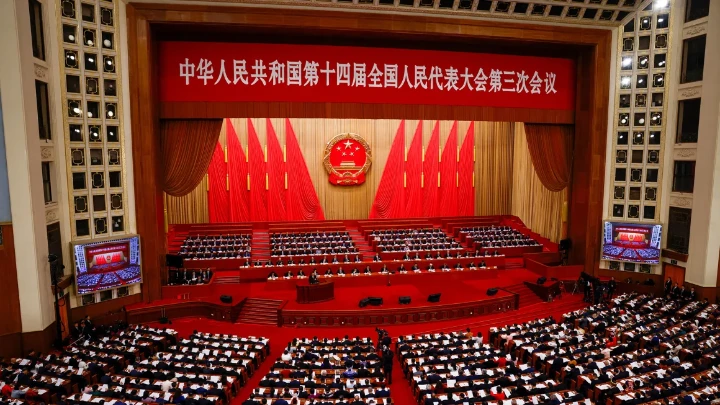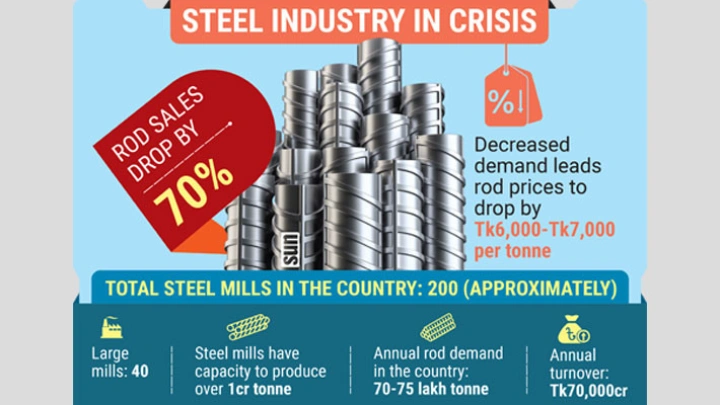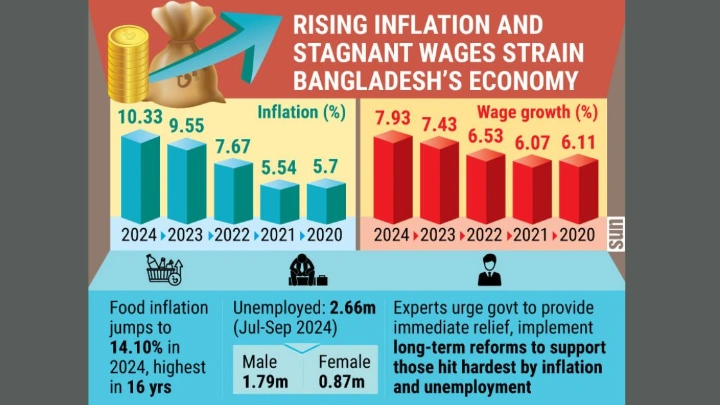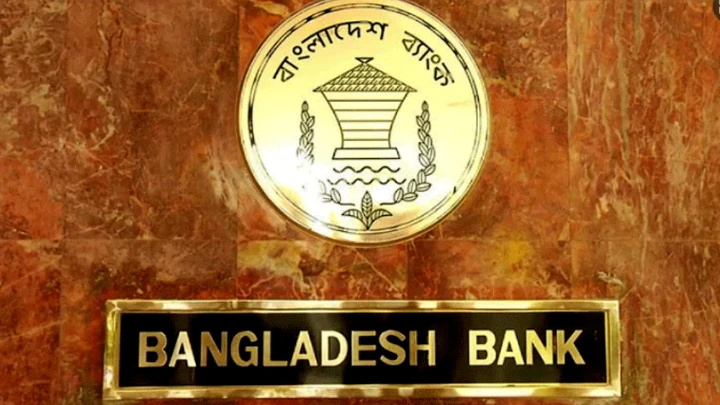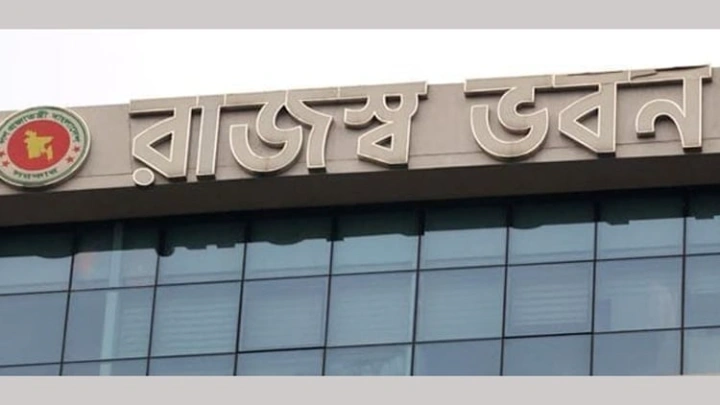Government working on IMF’s conditions to get $4.5 billion loan
Shining BD Desk || Shining BD
The government has started implementing some of the conditions set by the International Monetary Fund's (IMF’s) in the financial and energy sectors ahead of the global lender’s board meeting to discuss Bangladesh’s $4.5 billion loan request, according to sources at the finance ministry.
As part of this, the interest cap of lending will be withdrawn soon and the state-owned banks have been asked to reduce the amount of defaulting loans by 12 percent by June 2023, down from the existing average of 30 to 40 percent, a senior official of the financial institution division told UNB on Sunday.
He and other sources spoke on condition they can’t be identified as they are not authorized to speak to the media.
The government has corrected the foreign exchange reserves calculation excluding export development funds and loans to Sri Lanka. Several ministers and Bangladesh Bank (BB) governor have said that the net reserves are now USD $26 billion.
The Bangladesh Energy Regulatory Commission (BERC) has recently hiked the bulk price of electricity by 19.92 percent. This has prompted the distribution companies to ask for 20 percent increase at the consumers’ level. The hike in power tariff has been one of the conditions of the IMF, said the sources.
The IMF’s loan for Bangladesh is expected to be approved in the board meeting scheduled to be held at the IMF head office in the last week of December.
Earlier, a team of the IMF was in Dhaka from October 26 to November 9 to hold talks with relevant Bangladesh officials on the $4.5 billion loan.
The team held a series of meetings with the ministry of finance, the Bangladesh Bank, the National Board of Revenue, the Bangladesh Security and Exchange Commission, the Ministry of Power, Energy and Mineral Resources, the Ministry of Planning, and some other organizations.
As a result, Bangladesh has started working on this before the final approval of the loan. Broadly speaking, the IMF's demands include reforms in the banking sector, including reducing non-performing loans, reducing government subsidy spending, and reforming the revenue sector.
Ahsan H. Mansur, a former official of the IMF and executive director of the research organization Policy Research Institute (PRI), told UNB in this regard, "The conditions of the IMF should be accepted. It is not right for anyone to disagree with these.”
“This time the conditions are very flexible. If we cannot accept these, then we have to understand that we do not want to solve the problem,” he said.
By UNB
Shining BD



